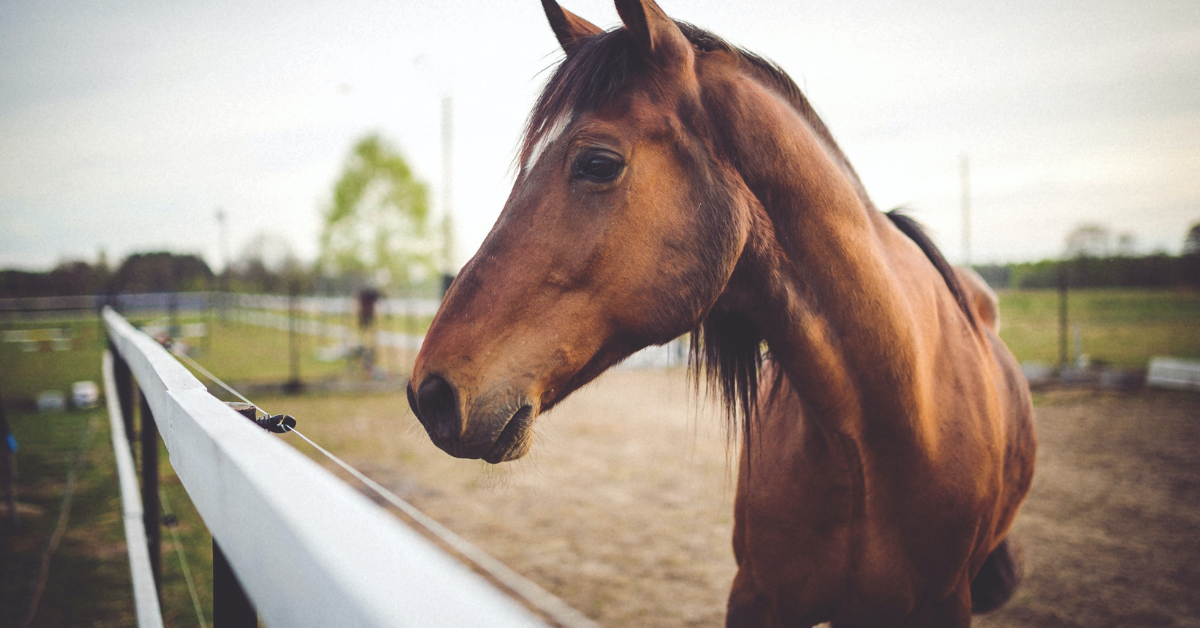
Adopting a Rescue Horse
In recent years, there has been a huge increase in the number of horses ending up at shelters and horse rescues. Due to the downturn in the economy, shelters and rescues are being flooded with requests from horse owners who can no longer afford to keep their horses.
In recent years, there has been a huge increase in the number of horses ending up at shelters and horse rescues. Due to the downturn in the economy, shelters and rescues are being flooded with requests from horse owners who can no longer afford to keep their horses. Many horse owners who lose their homes to foreclosure are simply choosing to abandon the animals on the foreclosed property. Others are being turned loose to fend for themselves, or taken to auction where they run a very high risk of being purchased for slaughter. If you are considering bringing a horse into your family, adoption is an excellent choice. If you haven’t owned a horse before, there are some things you should know before making what is a very big commitment.
Do you know the basics of caring for a horse? Boarding, feeding and caring for a horse requires a great deal of expensive equipment and a lot of daily work. If you have never owned a horse before, consider doing some volunteer work at a shelter, rescue or boarding facility. This is the best way to learn the day-to-day responsibilities of horse ownership.
Do you have room for a horse, or are you planning to keep your horse at a boarding facility? If you are going to use a boarding facility, make sure you know the cost involved beforehand. Depending on the area you live in and the services offered, boarding can cost anywhere from $250 to $650 per month.
Even without the cost of boarding, owning a horse is expensive. Feed costs alone can run around $2,000 annually. Tack and other equipment to get started may be as much as $700. Routine veterinary care will be around $200-300/year for vaccines, de-worming, etc. If your horse becomes lame or colicky, be prepared to spend $1,000 or more for treatment. Hiring a farrier to keep your horse’s hooves trimmed and shod will average between $100 and $400 annually, but may be as much as $900 if your horse has special conditions. If you plan on taking riding lessons the first year you own your horse, plan on paying between $1,000 and $2,500.
Consider what purpose you have for the horse and your riding level. Most horses adopted from rescues are used for pleasure or trail riding, although some can be used for hunting, jumping or dressage. When adopting a horse from a rescue, you should be less concerned about breed, sex, color, etc., and more concerned with finding a horse that matches your riding abilities.
Be sure you are able to make a long-term commitment. Horses typically live well into their 20s and can even live past 30 years of age. The idea of rescuing a horse is not to have it end up back at a rescue. So if you aren’t able to make a long-term commitment you should not adopt a horse.
Once you have determined that you are fully prepared to adopt a horse, the next step is finding a horse rescue in your area. Some local Humane Societies (http://www.humanesociety.org/forms/equine_adoption_network_contact_form.html) have horses available for adoption, or they can give you information on horse rescues in your area. You can also do an online search for rescues within your state. When visiting a facility, they should allow you to spend plenty of time with any horse that you are interested in adopting. Find out about the health of the horse and ask to see any medical records on the horse. Once you have found the right horse for you, be prepared to pay an adoption fee of anywhere from a couple hundred dollars to as much as $2,000.
Another interesting option for adoption is through the Bureau of Land Management’s Wild Horse and Burro Adoption Program. This is typically for experienced horse people since these horses require training. For more information, visit their website at www.blm.gov.
It is estimated that 80% of first-time horse owners get rid of their horse within five years. Therefore, it is extremely important to be sure you are ready to take on the responsibilities involved in owning a horse before making that commitment. Adopting a horse from a rescue or shelter can provide both horse and owner with countless benefits including years of fruitful companionship.






